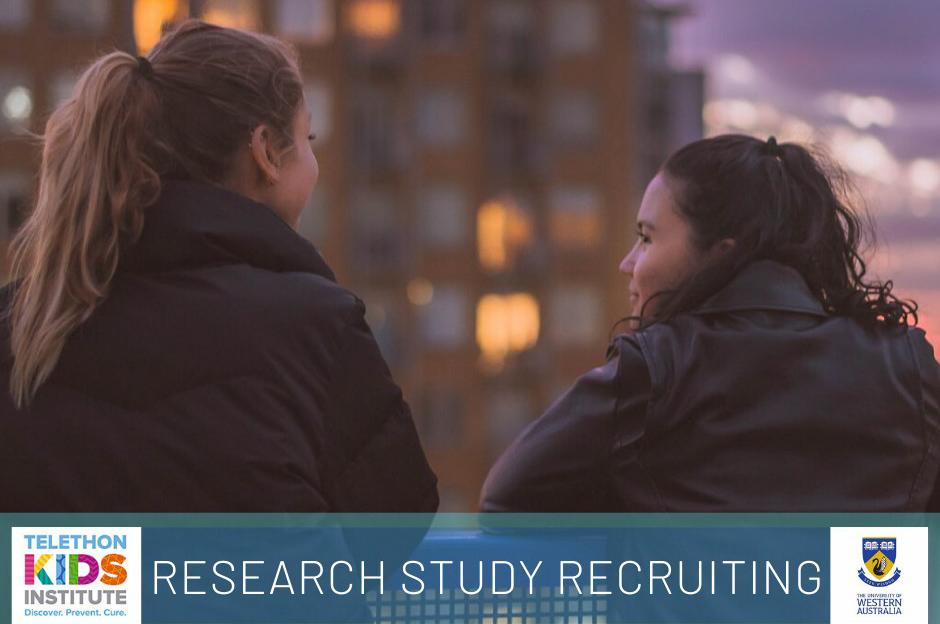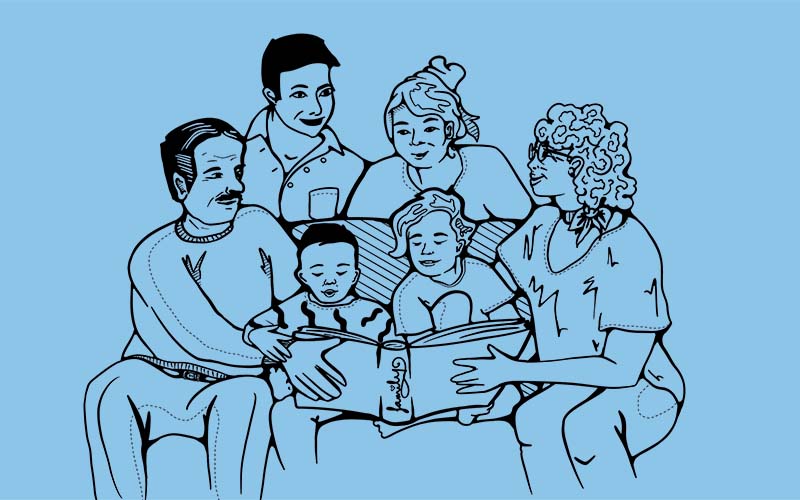Search
Penelope Helen Yael Strauss Morgan Perry BA, MPH, PhD BA (Hons), Doctor of Psychology BPsych (Hons) MPsych (Clin) PhD Research Fellow in Youth
Penelope Strauss BA, MPH, PhD Research Fellow in Youth Suicide Prevention 08 6319 1297 Penelope.strauss@thekids.org.au Research Fellow in Youth
Many families of trans young people tell us they feel unsure, stressed, or alone as they try to support their child.
This research aims to improve the mental health of LGBTQIA+ individuals through enhanced inclusive practice training for trainee health professionals.

Are you 14-18 years old and attracted to people the same gender as you? We want you to help us understand how you feel other people see and treat you, and how this affects your mental health.

The Youth Mental Health team is looking for a diverse group of young people to help inform research into mental health in LGBTIQ+ young people.

Head, Youth Mental Health

Congratulations to Head of Youth Mental Health at The Kids Research Institute Australia, Dr Yael Perry, who has received a Telstra Health 2023 Brilliant Women in Digital Health Award in recognition of her innovative use of technology to achieve positive mental health outcomes for marginalised young people.

Communities with poor access to mental health services are eight times more likely to be youth suicide hotspots, according to new The Kids Research Institute Australia research.

Transforming Families is providing evidence-based resources to help support the mental wellbeing of young people questioning their gender identity, or who identify as trans or gender diverse.
